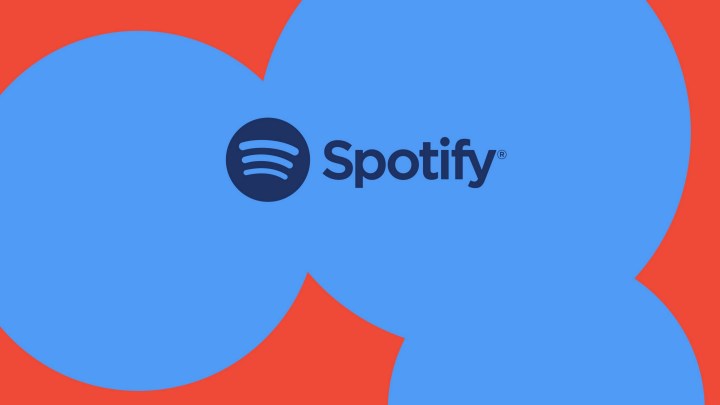
Wixen Music Publishing, which has on its books work by the likes of Tom Petty, The Doors, Neil Young, Stevie Nicks, and Weezer, accuses the music streaming giant of failing to obtain the proper licenses to allow it to legally reproduce and distribute the artists’ work.
The suit was filed in a California federal court on December 29. It alleges that Spotify is offering thousands of songs on its service without the correct licenses, and that it “failed to pay songwriter royalties to [Wixen] approximately 21 percent of the time.”
As noted by Variety, the music publishing industry has for a long time had Spotify in its sights, claiming the online streaming service favors music labels over publishers when it comes to sharing out royalties.
Wixen’s suit states: “Spotify has repeatedly failed to obtain necessary statutory, or ‘mechanical,’ licenses to reproduce and/or distribute musical compositions on its service. Consequently, while Spotify has become a multibillion dollar company, songwriters and their publishers, such as Wixen, have not been able to fairly and rightfully share in Spotify’s success, as Spotify has in many cases used their music without a license and without compensation.”
Randall Wixen, president of the music publisher, said in a statement that his company was merely “asking to be treated fairly,” adding that it is “not looking for a ridiculous punitive payment.” Wixen said it wants Spotify “to reasonably compensate our clients by sharing a minuscule amount of the revenue they take in with the creators of the product they sell.”
Spotify is yet to comment publicly in response to Wixen’s lawsuit.
This isn’t the first time Spotify lawyers have had to respond to lawsuits from disgruntled players in the music business. In May 2017, the company proposed a $43 million payout to settle a class-action suit brought by a group of music artists over proper licensing, though many voiced objection to the offer.
This latest lawsuit comes as Spotify, which is valued at $19 billion, reportedly makes plans to go public some time in 2018. It’s not yet known if the legal action will have any effect on the expected move.


